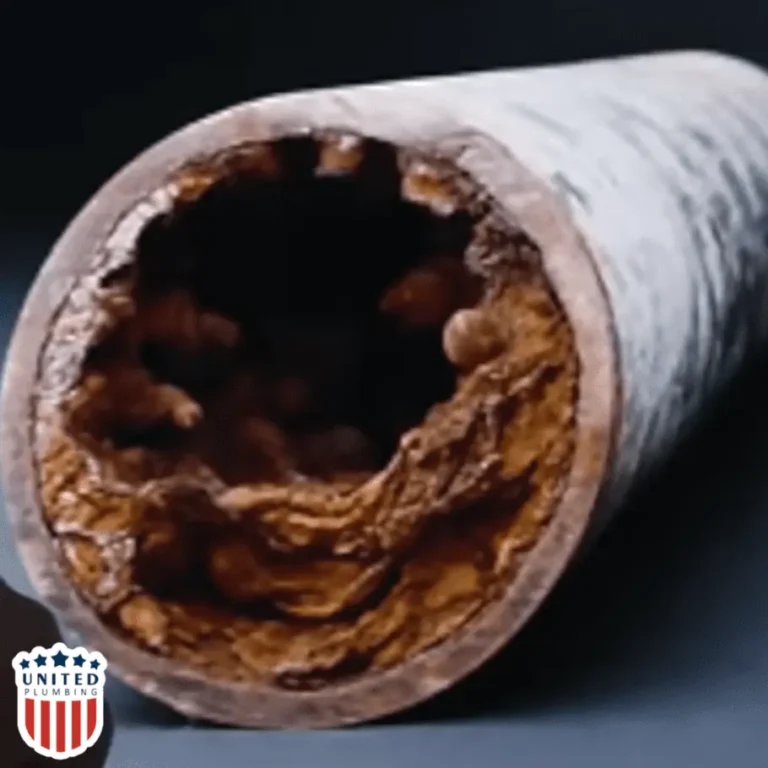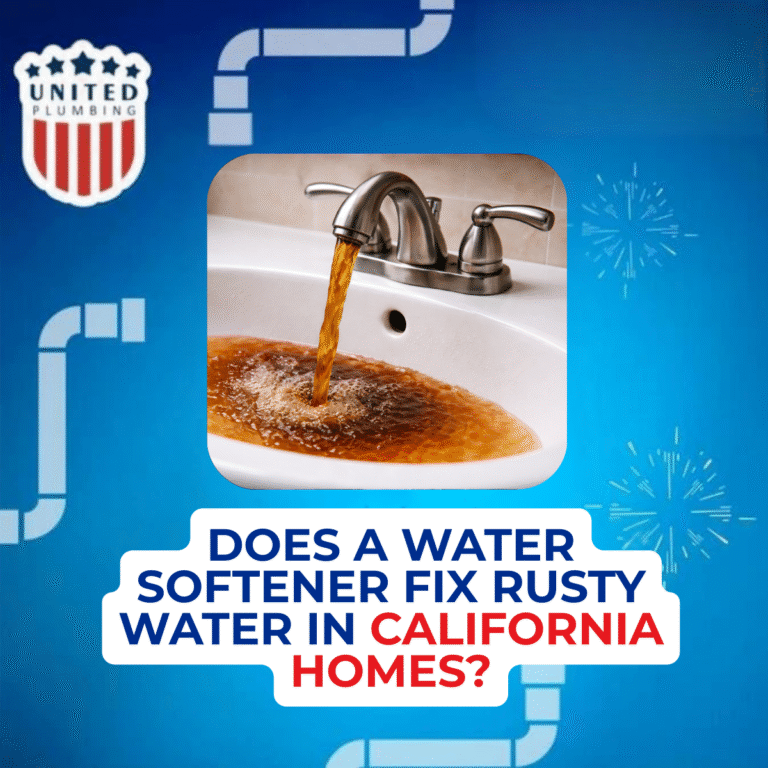FIVE-STAR TEAM WARRANTY &
SAME-DAY SERVICE
Why Replace Cast Iron Drain Pipes?
Cast iron pipes have been a common plumbing material in North Central Texas for over a century. However, cast iron pipes have a shorter lifespan when buried underground, typically lasting between 25 to 50 years. Various factors such as soil conditions, chemical drain cleaners, and detergents can contribute to the deterioration of cast iron pipes.
Replacing cast iron pipes with PVC or ABS is a popular solution due to PVC or ABS durability and lifespan of up to 100 years. To ensure the integrity of plumbing systems, sewer-water testing is recommended to identify any potential issues with cast iron pipes. Homeowners and home sellers can benefit from replacing deteriorating cast iron pipes with PVC or ABS to avoid costly repairs and ensure the longevity of their plumbing systems.
Key Takeaways
- Cast iron pipes have a shorter lifespan when buried underground and can deteriorate due to various factors such as soil conditions, chemical drain cleaners, and detergents.
- PVC or ABS is a durable and long-lasting alternative to cast iron pipes with a lifespan of up to 100 years.
- Sewer-water testing can identify potential issues with cast iron pipes, and replacing deteriorating pipes with PVC or ABS can prevent costly repairs and ensure the longevity of plumbing systems.
History of Plumbing Pipes
From Clay to Cast Iron
Plumbing pipes have come a long way from their humble beginnings. Before the advent of modern materials, such as PVC or ABS, people used clay pipes to carry sewer lines from their homes to the city tap. These clay pipes had a life expectancy of around 25 to 50 years, although some could last up to 100 years.
Cast iron pipes were introduced around 1900 and were commonly used in residential buildings until the 1980s. Cast iron pipes were durable and not too expensive, but they had a shorter life expectancy than clay pipes when installed below ground. Cast iron pipes could rust, especially when exposed to moisture, and certain chemicals, such as detergents and chemical drain cleaners, could speed up the deterioration process. Grease also posed a problem for cast iron pipes, as it could accumulate and cause channel rot, leading to cracks and leaks.
Transition to PVC or ASB
PVC or ABS pipes are now the preferred choice for plumbing systems. PVC or ABS pipes have a life expectancy of around 100 years and are resistant to rust and chemical damage. PVC or ABS pipes are also less likely to accumulate grease, making them a more reliable option for modern plumbing systems. When replacing cast iron pipes, PVC or ABS pipes are often used as a replacement due to their durability and longevity.
Replacing old cast iron pipes with PVC or ABS pipes is especially important for homeowners looking to sell their homes. A sewer water test can determine if there are any issues with the plumbing system, and if cast iron pipes are found to be deteriorating, they should be replaced withPVC or ABS pipes to avoid costly repairs in the future.
In conclusion, the history of plumbing pipes has evolved from clay to cast iron to PVC or ABS. While each material had its advantages and disadvantages, PVC or ABS pipes are now the preferred option due to their longevity and resistance to damage. Homeowners should consider replacing old cast iron pipes with PVC or ABS pipes to avoid costly repairs and ensure the longevity of their plumbing systems.
Cast Iron Pipe Lifespan

Above-Ground vs. Below-Ground Lifespan
Cast iron pipes have been around for a long time, and they were widely used in residential buildings until the 1980s. Cast iron pipes have a lifespan of 50 to 100 years when installed above ground, but their lifespan decreases to 25 to 50 years when installed below ground.
When cast iron pipes are buried underground, they are exposed to moisture, which can cause rust and deterioration.
The use of detergents, chemical drain cleaners, and grease can also contribute to the deterioration of cast iron pipes. Detergents can damage the inside of the pipe, while chemical drain cleaners can eat away at the pipe and cause channel rot. Grease can accumulate in the bottom of the pipe and lead to channel rot as well.
To avoid costly repairs and replacements, it is important to conduct a sewer-water test to check the condition of the cast iron pipes. If the pipes are found to be deteriorating, they should be replaced with PVC or ABS pipes, which have a lifespan of about 100 years and are not susceptible to rust and deterioration.
In summary, while cast iron pipes have served their purpose and are still used in some residential buildings, their lifespan is significantly reduced when installed below ground and they are susceptible to rust and deterioration. It is important to be aware of the factors that can contribute to the deterioration of cast iron pipes and to conduct regular maintenance and inspections to avoid costly repairs and replacements.
Post views: 626
Latest posts

Does LED Flickering Mean an Electrical Problem?
What California Homeowners Need to Know
LED lights are popular in California homes because they use less energy...

Does a Water Softener Fix Rusty Water in California Homes?
If you’re seeing brown, orange, or reddish water coming from your faucets, it’s normal to wonder if a water softener...


If you still have questions or need advice, please leave a request and we will contact you as soon as possible
Need a plumber and got no clue where to start?
(408) 539-6936Facing a plumbing issue? Get a FREE in-person estimate and quick solutions from our skilled technicians, ensuring your home runs smoothly again!
